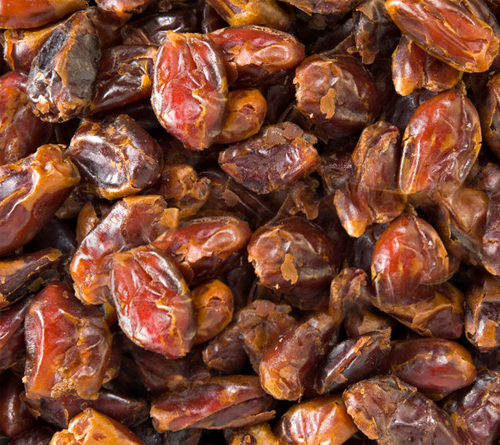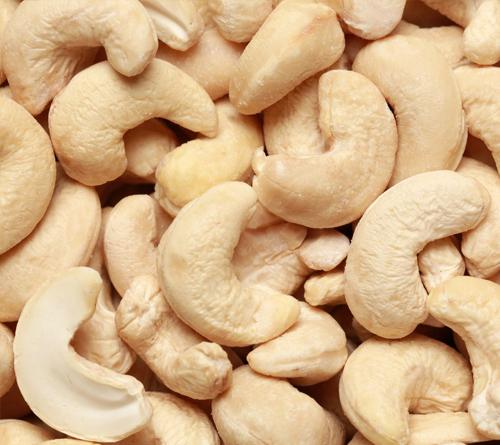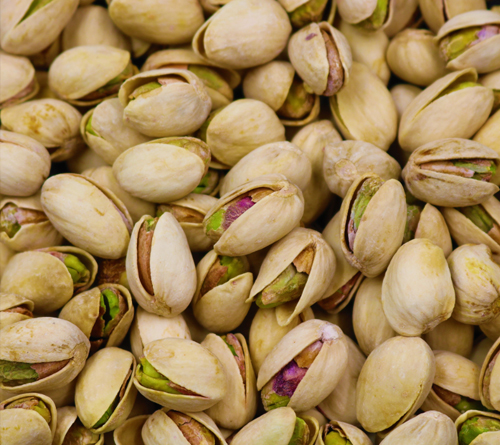PROTEIN POORAK contains Almonds, Cashews, Walnuts, and Pistachios. It also contains dry Dates.

This carefully chosen combination of nuts and dates significantly increases the nutritive value of PROTEIN POORAK by increasing the amount of crucial vitamins, minerals, fibre, antioxidants, and protein. They also provide heart-healthy fatty acids, the good fats. They help in reducing the risk of diabetes and heart disease and have strong anti-inflammatory properties.





Millets (Finger Millet – Ragi, Foxtail Millet – Navane, Browntop Millet – Korle); Lentils and Pulses (Horse Gram – ¬Hurali, Green Gram – Mung, Bengal Gram – Channa); Super Foods (Quinoa, Chia Seed, Flax Seed); Amaranth (Rajgira Grains); Nuts (Almonds, Cashews, Walnuts, Pistachios); Spices (Fenugreek Seed, Caraway Seed, Cardamom, Nutmeg, Clove, Black Pepper, Cinnamon, Saffron); Dry Dates and Jaggery; Edible Guar Gum, and Edible Acacia Gum.